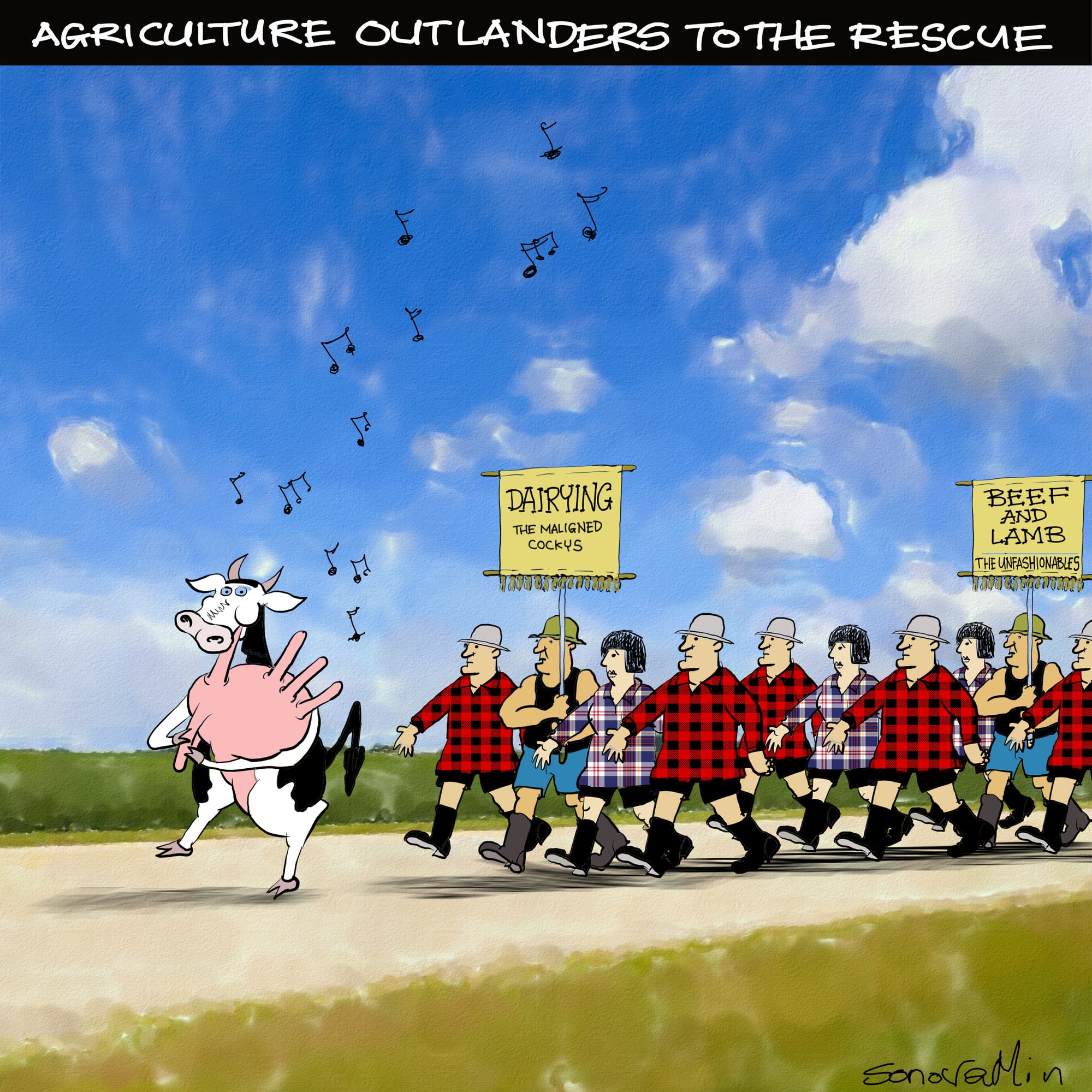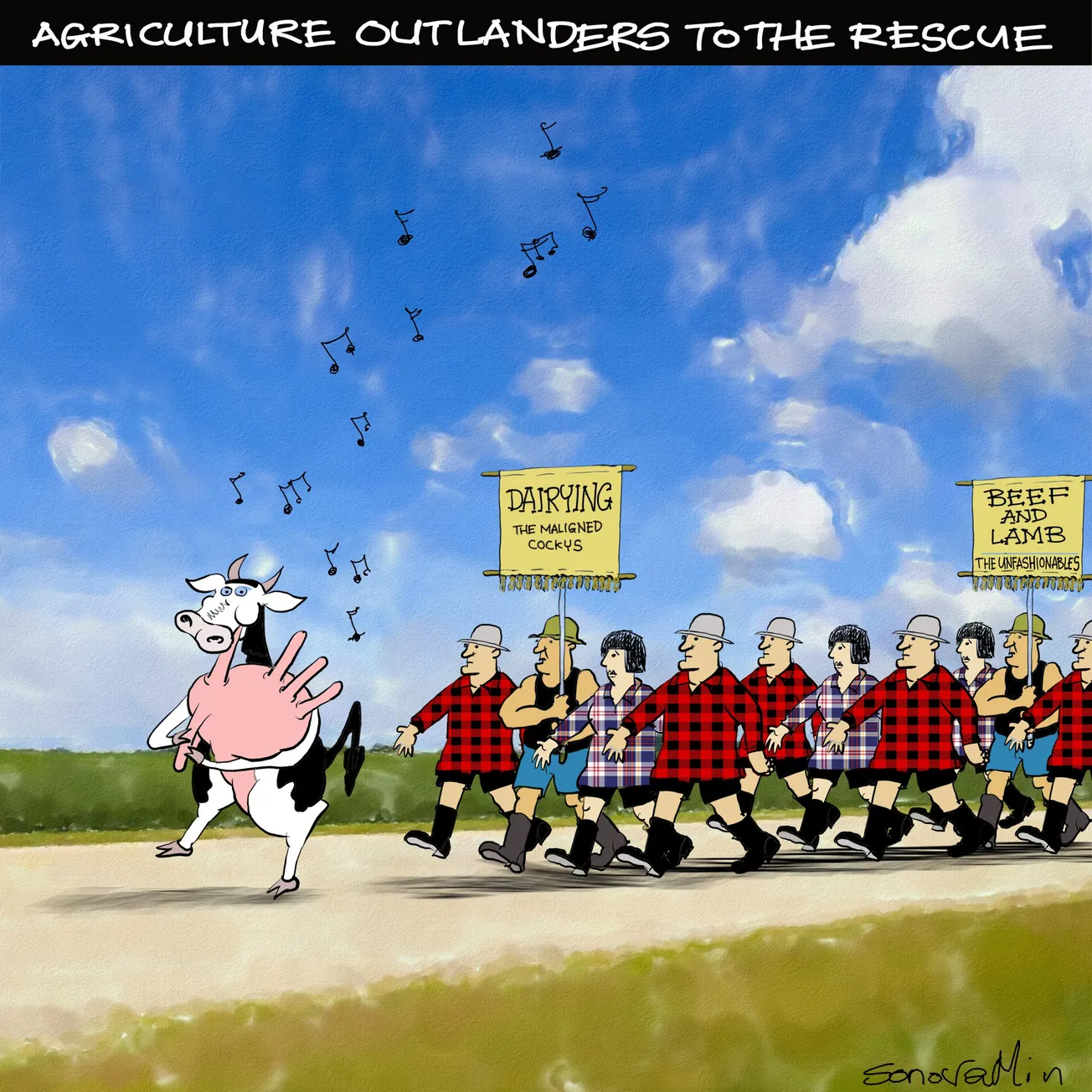Table of Contents
Stuart Smith
MP for Kaikoura
Spokesperson for Climate Change, EQC and Viticulture
The primary sector has been working with Government on how they might lower greenhouse gas emissions outside of the Emissions Trading Scheme (ETS). The Government plans to have the primary sector pay for emissions by 2025, which will be well ahead of every other developed nation in the world and that would mean that our farmers would be facing additional production costs that overseas competitors do not.
As a first step the Government formed the Primary Sector Climate Action Partnership made up of Beef and Lamb, Dairy NZ and Federated Farmers, which is known as He Waka Eke Noa (HWEN), and charged them with coming up with options to reduce emissions outside of the ETS. This week HWEN released two options, for a round of farmer meetings early next year and will deliver their recommendations to the Government late April 2022.
The first option is a farm level levy, where each farm would calculate their emissions using farm-specific data including sequestration which is not in the ETS, such as riparian plantings. This would offset some or even all of the levy and any surplus would be invested back into the sector for research and development focused on emissions reductions.
The second option is a processor-level hybrid levy, where emissions are calculated at the meat, milk and fertiliser plants, based on the quantity of meat and milk produced and the amount of fertiliser used on farm. Under this option there is also an opportunity to enter into an Emissions Management Contract (EMC), which would reward emission reductions by a methane reducing feed additive for example and for on-farm sequestration outside of the ETS.
If the sector cannot agree on either of these options, then the Government will impose the ETS which would be calculated at the processor level initially at least, using the carbon equivalence metric (CO2e) which significantly overstates the warming effect of methane. This option means that riparian plantings and other sequestration which is outside of the ETS will not be counted, which again overstates the emissions on farm.
We do have an opportunity to be world leaders in this space and show that our farmers are masters of innovation, but we must not pile unnecessary regulator constraints with significant administrative costs on farmers. We must not forget that despite Helen Clark describing agriculture as a sunset industry, the farmers are carrying our economy on their backs. Without them, we would not be able to pay our way in the world and we should thank them for it, not continually try to drag them down as the likes of Greenpeace do every day.

It will be interesting to see how farmers receive the options and which one they choose to adopt. To be clear, I support farmers adopting one of the options, which one is for them to decide, but I do not support our farmers being economically disadvantaged compared to their international competitors. Climate policy should be about the climate and we must move at the same pace as our peers, it should not be about building a legacy for our Prime Minister or this Government.









